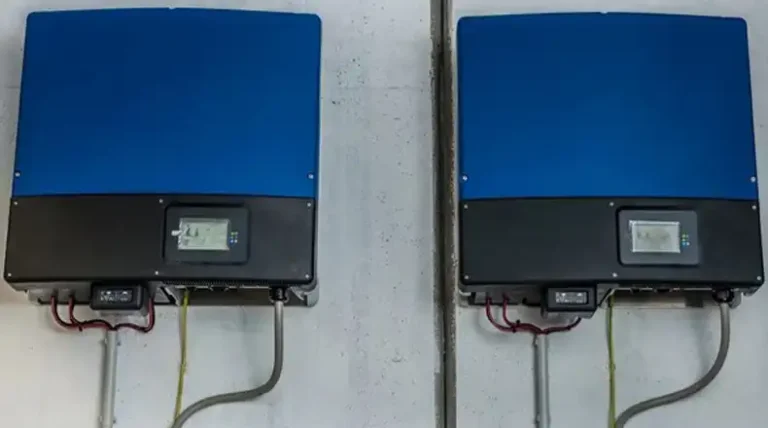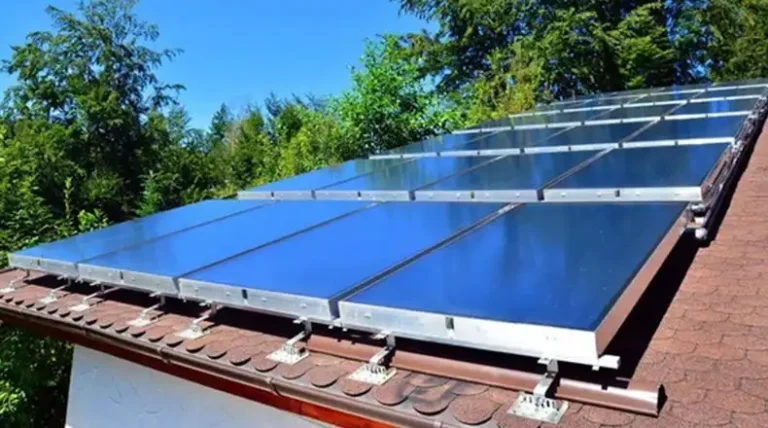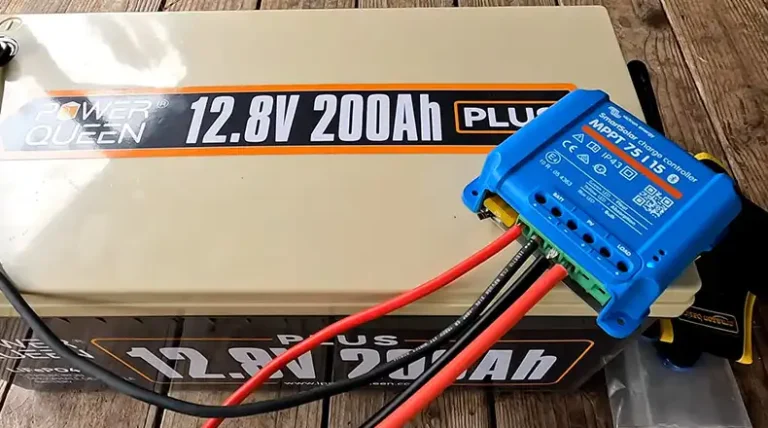Solar Panel Damage Causes | Explained
Solar panels have become increasingly popular in recent years. They offer a clean, renewable energy source, reducing reliance on fossil fuels and lowering electricity bills. Generally, these panels are sturdy enough but what if I told you your sunshine harvesters can be vulnerable to damage? Don’t worry, this guide will equip you to be a solar panel defense expert!
We’ll explore the seven most common culprits that can steal your solar power, from surprise weather attacks to sneaky critters. By the end of this journey, you’ll be armed with the knowledge to keep your solar panels healthy and productive for years to come. Now let’s get started and look at what could be threatening your solar panel system.
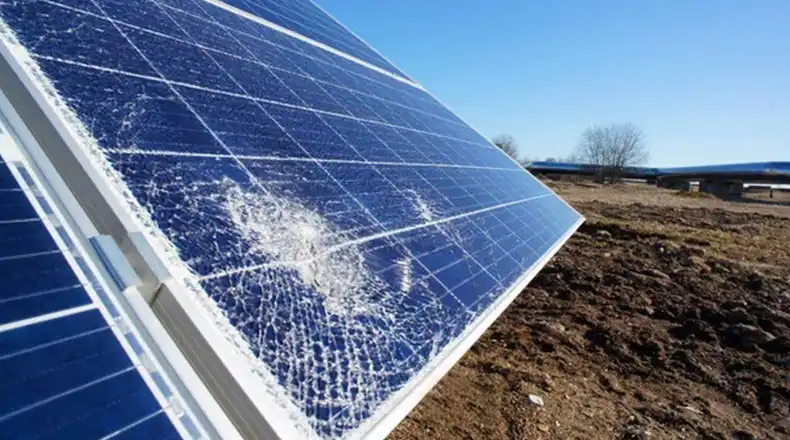
Environmental Factors
The weather can be tough on solar panels, just like it can be tough on us! Here’s how some weather events can cause problems:
Hail: Big balls of ice in storms can hit your panels and crack them, like a spider web. These cracks can really hurt how much power your panels make.
Strong Winds: Strong winds are like a playful puppy that might shake your panels too much. This can loosen the screws holding them on, tilt them away from the sun (so they get less sunlight), or even blow them off the roof in really bad storms!
Snow and Ice: A blanket of snow might look pretty on your roof, but it can also block the sun from reaching your panels. The weight of a lot of snow can also stress the metal frames that hold the panels up. If you live in a snowy area, there are special solar panels that tilt up more so the snow slides off easier.
Hot and Cold: Solar panels are tough, but even they don’t like extreme temperatures. Very hot days can make them work less efficiently, and very cold days can also affect them. The good news is that most new solar panels are built to handle a wide range of temperatures.
Debris Accumulation
Have you noticed any dirt, leaves, or other debris building up on your solar panels? While it might not seem like a big deal at first, this buildup can actually reduce the efficiency of your system and potentially cause damage if left unchecked.
Here’s why: When debris blocks sunlight from reaching the solar cells, it decreases the panel’s energy production. It’s like trying to power your home with a dimmer switch constantly turned down. Additionally, trapped moisture and organic matter can promote the growth of mold, mildew, or even etch the surface of the panels over time.
But that’s not all. Fallen branches or heavy objects left on the panels can crack or shatter them if not removed promptly. Trust me; you don’t want to deal with the headache (and expense) of replacing a damaged panel.
To keep your panels safe, establish a regular cleaning routine. Use a soft-bristle brush or a specialized solar panel cleaning solution to gently remove any buildup. Avoid using harsh chemicals or abrasive materials, as they can scratch or damage the panel’s surface. Also, trim back any overhanging branches or vegetation that could potentially drop debris onto your panels.
Poor Installation
Even if everything goes smoothly during the installation process, sometimes problems can still occur. Improper installation can lead to various issues that can damage your solar panels and prevent them from working properly.
For instance, if the panels are not mounted correctly or tilted at the wrong angle, they can experience too much stress from wind or snow. This can result in cracks, deformations, or even the panels becoming dislodged from their mounting.
Another potential problem is if the panels are too close together. This can trap heat, causing hot spots and potentially damaging the solar cells. It’s like leaving your phone in direct sunlight on a hot day – not a good idea!
And let’s not forget about the electrical wiring and grounding. If these are not done correctly, it can create electrical hazards and increase the risk of fire or panel failure. Yikes! That’s certainly not something you want to deal with.
Electrical Issues
Speaking of electrical problems, solar panels are essentially electrical systems, and any issues in this department can cause significant damage and safety concerns. Even the best solar panel setup can have problems with the electrical parts. Here are some things to watch out for:
Broken Inverter: The inverter is the heart of your solar system. It takes the DC electricity your panels make and converts it to AC electricity that your home can use. If the inverter breaks, it’s like your panels are working for free – no electricity gets made!
Faulty Wiring: Just like loose wires, faulty wires can mess up the flow of electricity and make your panels work less efficiently. Think of it like having gremlins chewing on the wires in your system!
Corrosion
Over time, solar panels can fall victim to corrosion, which can compromise their structural integrity and performance. To keep your panels safe from corrosion, it’s important to choose high-quality materials and coatings that are resistant to the environmental conditions in your area.
If you live in a coastal region or near saltwater, consider investing in panels and mounting hardware specifically designed for these harsh environments. These materials are often treated or coated to resist accelerated corrosion from salty air.
Additionally, regular inspections can help identify any signs of corrosion early on, allowing you to take preventive measures or seek professional repairs before the issue escalates.
Rodent Infestation
You might not think of furry little critters as a threat to your solar panels, but believe me, they can cause some serious damage and compromise the safety of your system.
To deter rodents from accessing your panels, it’s essential to seal any potential entry points around the installation area. Use rodent-proof materials or covers to protect your wiring and cables from chewing damage.
Additionally, maintain a clean and tidy environment around your solar panels. Remove any potential nesting materials or food sources that could attract rodents to the area.
In severe cases, you may need to enlist the help of professional pest control services to safely remove any rodent infestations and prevent future issues.
Improper Maintenance
Now, let’s talk about something that many people tend to neglect: maintenance. Failing to keep up with regular maintenance can lead to various issues that can damage your solar panels over time and compromise their safety. Plus, the sealant around the edges of your panels plays a vital role in keeping moisture out. Exposure to harsh weather can cause this sealant to crack or wear away over time. Water infiltration due to damaged sealant can lead to internal corrosion, electrical problems, and ultimately, reduced panel performance or even failure.
For example, if you left it uncle
Here’s what you can do to keep them working their best:
- Cleaning: As mentioned earlier, keeping your panels free of debris is crucial for optimal performance. You can clean them with a garden hose and a soft brush. Avoid using harsh chemicals or abrasive cleaners, as these can damage the panels.
- Visual Inspection: Take a look at your panels every few months for any signs of damage, such as cracks, loose wiring, or rust. If you see anything that concerns you, contact a qualified solar panel installer for repairs.
Remember, a stitch in time saves nine! By incorporating regular cleaning, visual inspections, and professional maintenance into your solar panel care routine, you can prevent minor problems from snowballing into expensive repairs or replacements down the road. This proactive approach will ensure your solar panels continue to generate clean energy for your home for many years to come.
Bottom Line
Following these simple tips will keep your solar panels happy and healthy for years to come. This ensures you can continue to enjoy the benefits of clean, renewable energy for your home! If you have any questions about solar panel maintenance or damage, feel free to leave a comment below. Happy sun-powered living!

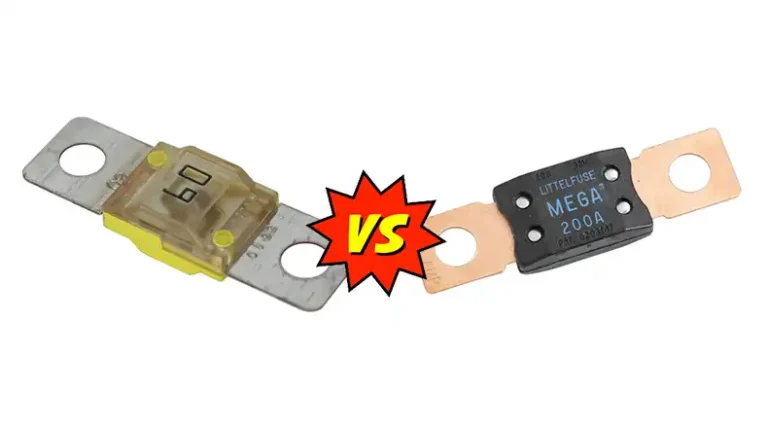
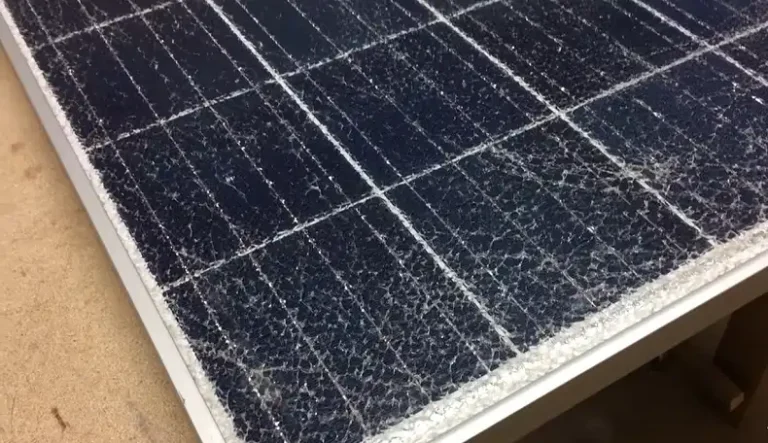
![How to Connect Solar Panel to Inverter without Battery? [Answered]](https://www.itekenergy.com/wp-content/uploads/2024/06/How-to-Connect-Solar-Panel-to-Inverter-without-Battery-768x428.webp)
